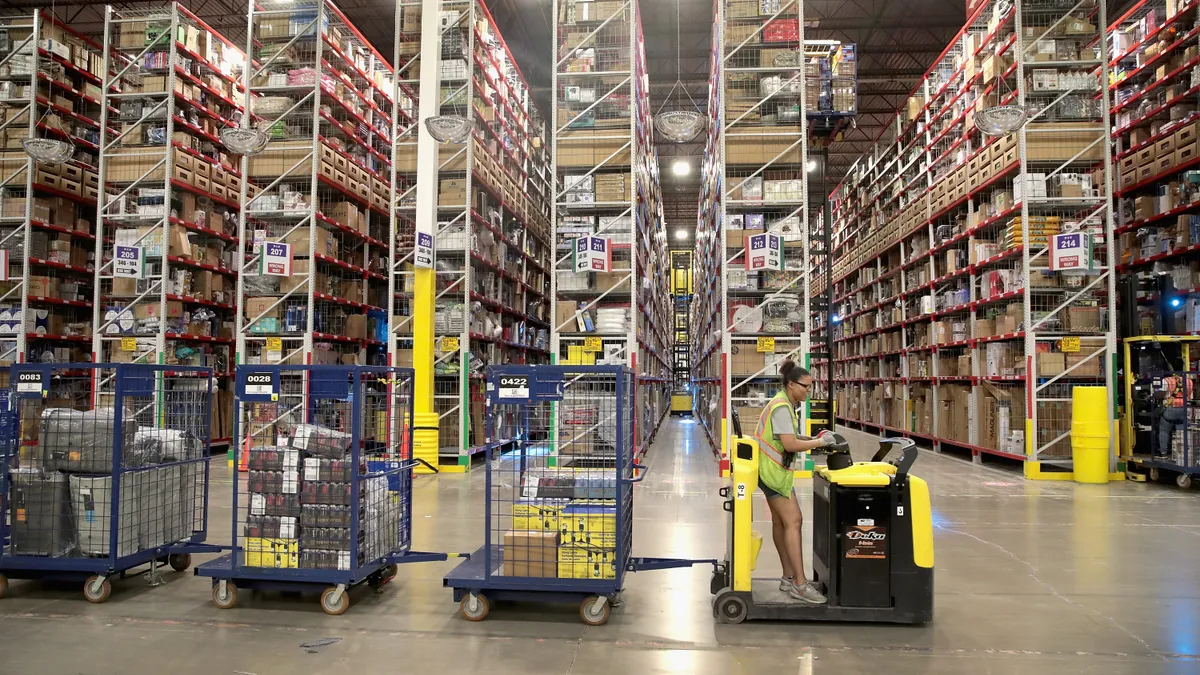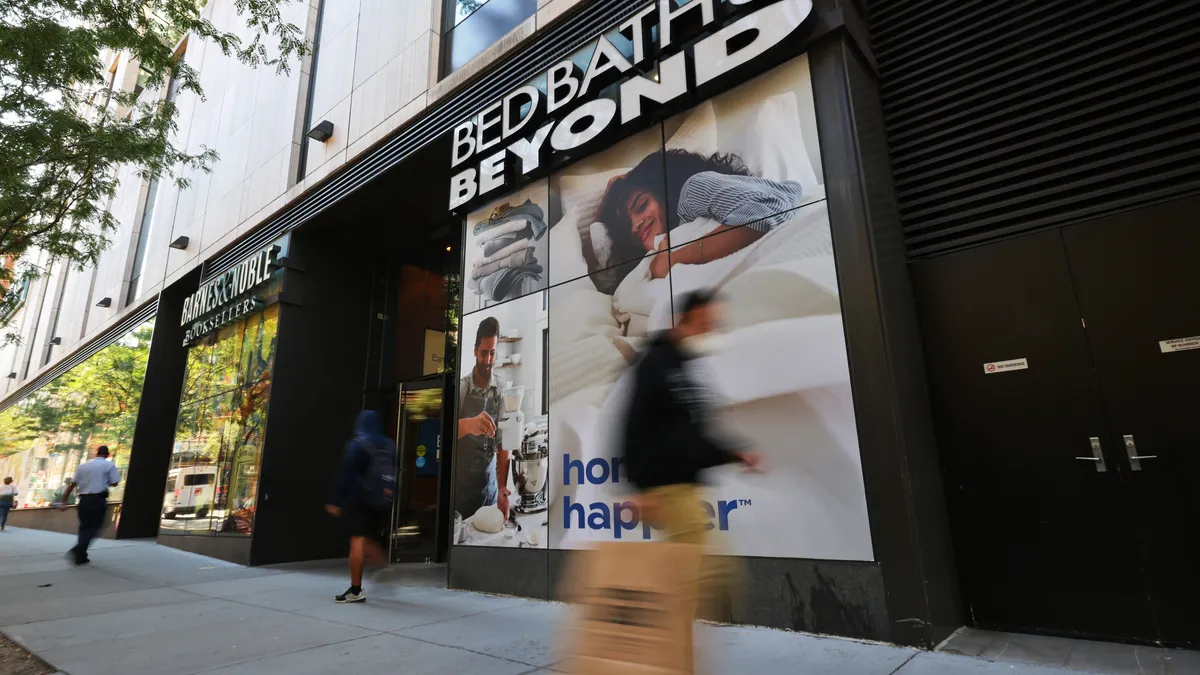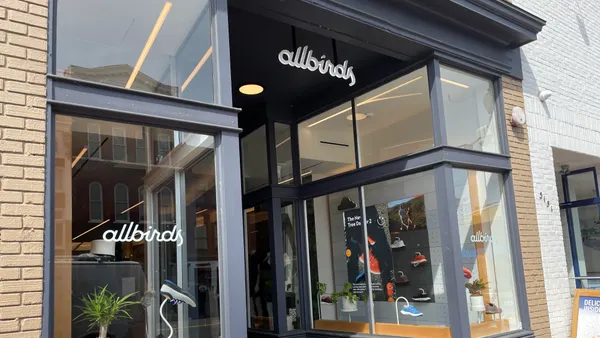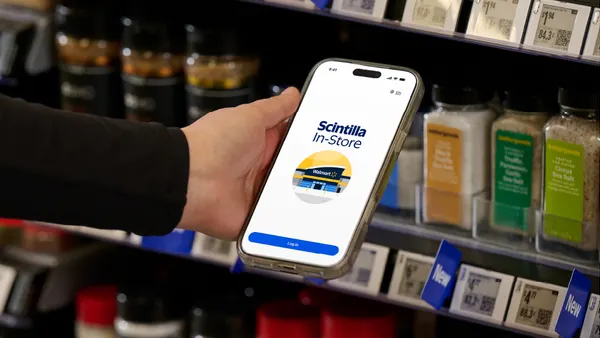Dive Brief:
- Third-party sellers on Amazon's marketplace have together created 1.8 million jobs as sales expand for many, according to the company's latest report on small and medium-sized businesses using its platform.
- In aggregate, U.S. third-parties sold 3.8 billion products on Amazon.com and averaged over $200,000 in sales in the 12 months ending Aug. 31, up nearly 18% year over year.
- Amazon's report comes just days after a group of U.S. representatives suggested that Amazon corporate officials, including Jeff Bezos, "may have lied to Congress" under oath during the House's investigation of the company. The investigation, in part, delved into Amazon's relationship with its sellers.
Dive Insight:
Amazon opened up its online store to third parties more than two decades ago, entering a market then dominated by rival eBay. The decision brought both massive profits and not a few headaches for the company and brands, such as counterfeits, gray market goods and faulty products. Even literal trash has made its way onto Amazon's site, according to a Wall Street Journal investigation.
Clearly for Amazon, the positives outweigh the risks. Sales from its marketplace account for about 60% of Amazon's total gross merchandise value, according to Digital Commerce 360. Not only does Amazon get a cut of those sales, it also often makes profit from selling its cloud, fulfillment, advertising and other services to sellers.
Amazon counts nearly two million small and medium-sized businesses in its seller base and more than half a million in the U.S. Last year brought 200,000 new sellers to its platform, a 45% increase from 2019, according to its seller report. The company said that "selling in Amazon's store provided a lifeline to small businesses during COVID-19."
The platform has led to a proliferation of new brands, which are making use of Amazon as a digital storefront. Some "Amazon-native" brands have grown so large that they have become attractive to investors, who are showering money on a new sector of companies rolling up the brands into holding companies.
While some sellers thrive, others have complained about their relationship with Amazon. As far and away the most powerful online e-commerce platform, Amazon has come under scrutiny from the House of Representatives' judiciary committee and its subcommittee on antitrust, as well as reportedly from antitrust enforcers in the executive branch.
A House report released a year ago noted rising expenses for Amazon sellers and found that they are referred to as "internal competitors" inside the company. The report also described Amazon's dual role as online retailer and marketplace operator as creating "an inherent conflict of interest" that "incentivizes Amazon to exploit its access to competing sellers' data and information."
Amazon has denied that it uses data from sellers to compete with them. In a letter dated Monday and addressed to Amazon CEO Andy Jassy, members of the House subcommittee on antitrust highlighted recent reporting from Reuters and The Markup that Amazon prioritizes its own brands in search. Reuters also found that in India Amazon systematically created knockoffs of other products. The company told Reuters it believed the claims "are factually incorrect and unsubstantiated."
The report and others like it raised eyebrows in government. "At best, this reporting confirms that Amazon's representatives misled the Committee," the representatives said in their letter to Jassy. "At worst, it demonstrates that they may have lied to Congress in possible violation of federal criminal law."
















